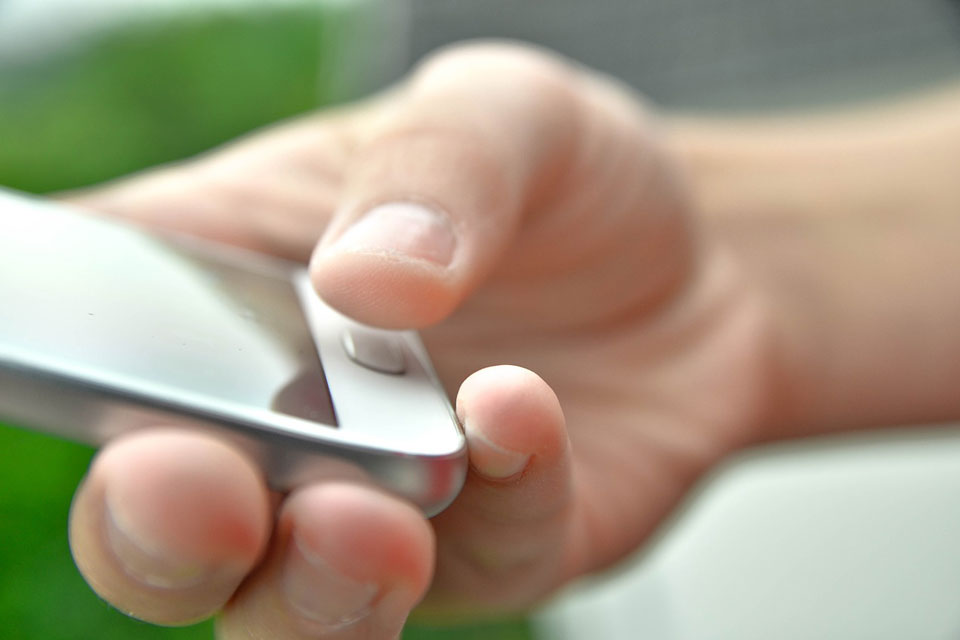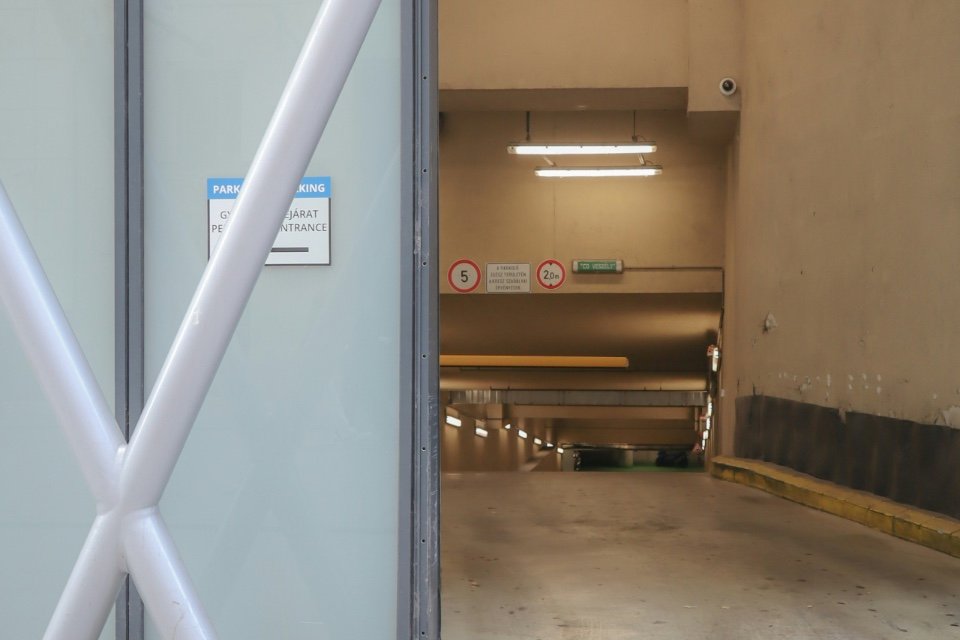Fujitsu has revealed a new, extended range of PalmSecure-based biometric security solutions that it claims ‘consigns passwords to history’.
Available immediately to customers in Europe, the Middle East, India and Africa, the expanded Fujitsu PalmSecure offering comprises four main elements: Fujitsu Biometric Authentication PalmSecure ID Engine; ID GateKeeper; ID LifePass; and ID Login V2 for access to client computing, physical access to buildings or data centres and to all kinds of applications via an Application Programming Interface (API).
Fujitsu says the new offering enables customers to benefit from a broad range of password-free biometric authentication applications.
PalmSecure enables organisations to ‘step up to the highest level of biometric security’, while increasing convenience for users and avoiding costly service desk interactions to reset forgotten passwords. Integration capabilities allow customers to build ultra-secure biometric control into solutions for physical access to buildings and devices, as well as logical access to specific applications and services.
Based on a new central matching server, it enhances security by eliminating the need for multiple user enrolment across different locations, devices, applications or services. Integration with various kinds of applications and equipment is facilitated using an Application Programming Interface (API), extending biometric ID to use cases from data centre entry to user credentials for industrial machinery, to single sign-on (SSO).
The contactless PalmSecure authentication system uses biometric technology developed based on Fujitsu’s more than two decades of image recognition experience and incorporates technology from BioSec Group to authenticate users based on the unique pattern of their palm veins. Vein patterns are unique to individuals and contain detailed characteristics, allowing a template to be formed for each user.
Oliver Reyers, Head of Biometrics at Fujitsu in EMEIA, said: “Biometric ID and palm vein technology in particular are lifting IT security to a higher level. There’s no need to remember – or regularly change – complex passwords, and this makes it so much more convenient for users to access secure assets and applications. Fujitsu has applied the principle of simplicity to solution development and deployment. This has resulted in an expanded portfolio of biometric security solutions, which make it easier for organisations to implement biometric identification. Fujitsu’s PalmSecure biometric recognition algorithm delivers ultra-low false acceptance rates, while central enrolment processes ensure that users can’t bypass security simply by creating multiple IDs.”
Péter Györgydeák, CEO at Biosec, added: “Until now, biometric technologies have been the unsung hero for enterprises, despite their high levels of user acceptance, and the fact that it’s almost impossible to ‘lose’ your biometric ID – which means a dramatic reduction in helpdesk calls for password resets. By teaming up with Fujitsu, we have a joint opportunity to help biometrics reach their full potential in the workplace. The new expanded PalmSecure portfolio puts biometric ID within reach of just about any use case, and makes great financial sense for any organisation that’s serious about security.”







